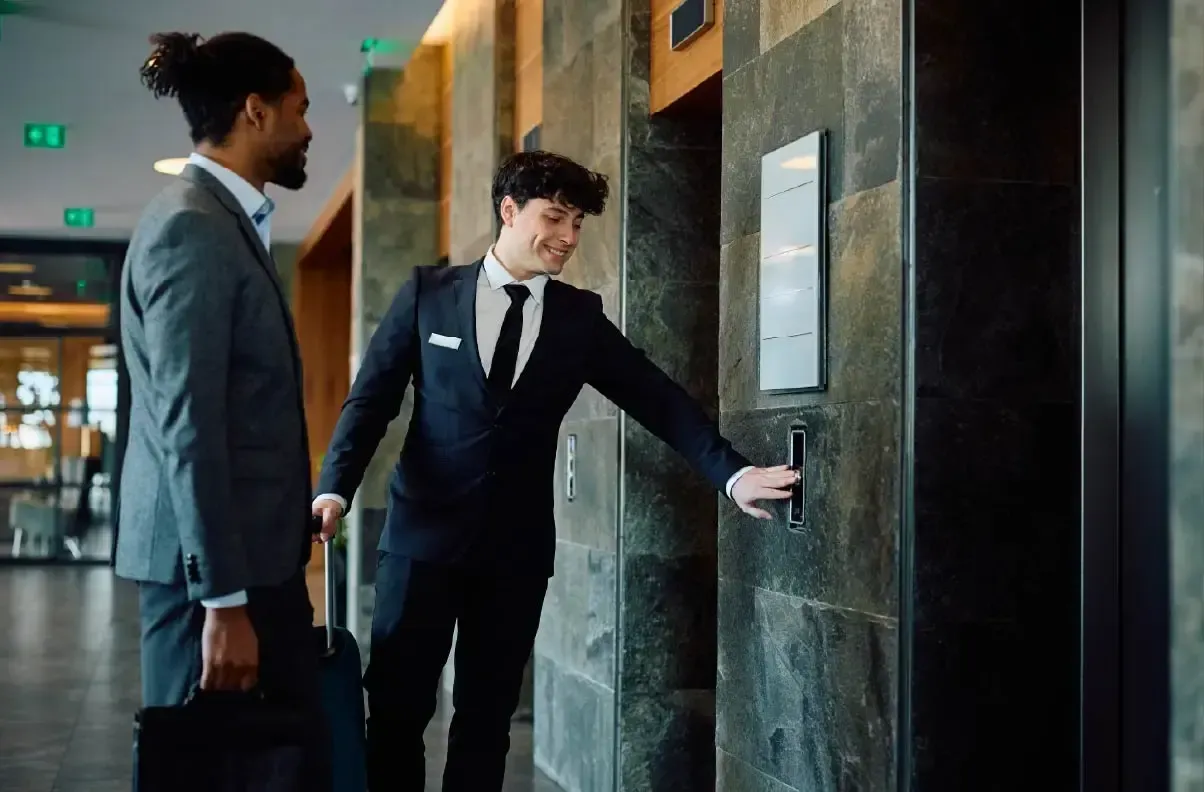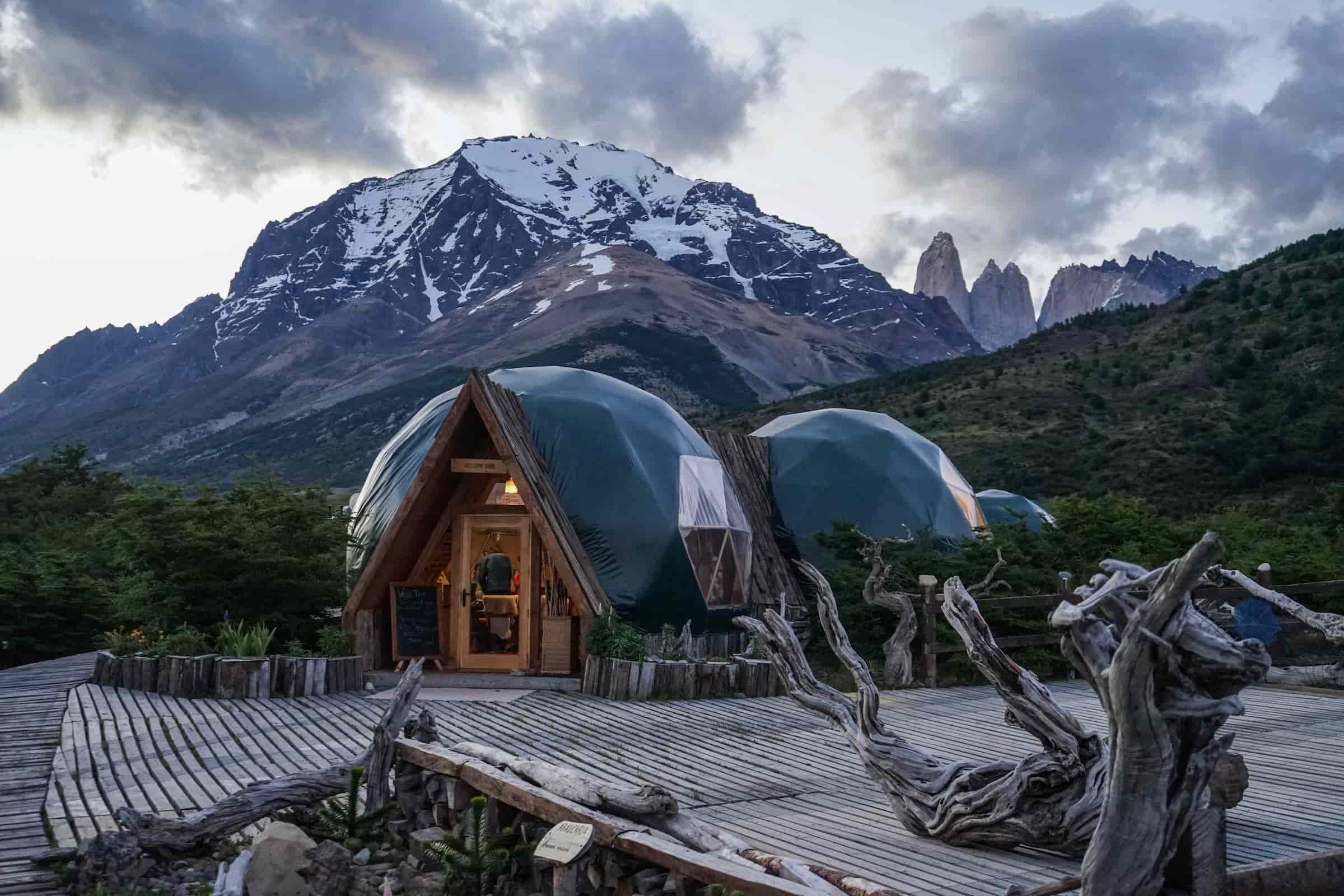So, the title is a little misleading, really. It’s not a real quote, but it seems to me to describe the state of mind of most of those that we meet in the hospitality industry, from hoteliers to their suppliers. It seems that everyone is in denial about a shift coming. Or, you know, it’s somewhere in the faraway future.
Well, guess what – the future is here today: we are now in the era of the mobile internet and the desktop is now a minority:
The problem with this is that whereas other industries went to the cloud early and swiftly, the hospitality industry could not. While most people in our industry are often disdainful of this fact, I genuinely think that the reason is just the enormous complexity, fragmentation (this study by Oracle is quite good on the topic, so you’d think they’d heed their own advice) as well as dwindling IT budgets. The opportunity lies in the fact that mobile is actually a much more complimentary technology to hospitality. How? Well, consider the below a handy guide.
Bookings and Reservations
Opportunities:
- A connected world means that bookings can come from anywhere and from whatever device, and with better-connected systems it’s easier than ever before to get booked. Every property should also have an optimised web page rather than a separate site for mobile – this distorts your statistics and works against your SEO (as many of you will know, listings are penalised if their website isn’t secure and mobile-optimised – and beware pop-up plug-ins for increased booking which can seriously harm your SEO score too).
- Booking windows are getting shorter and we see that the average booking-to-arrival period is for all of our properties is around 9 days (from 14 days last year). This means that hotels can yield in a more aggressive way as the likely guest is going to be a more captive audience.
- Innovations in booking lengths mean that inventory can be sold by the hour, not only by the day – look at companies like Day Use or Recharge.
- Other apps will surely innovate the spare capacity within spaces, rather than time (come on devs! Where is the “Platonic-Tinder-for-business-travellers-looking-to-save-on-a-twin-room” app?).
Challenges:
- The technological stack and design that most booking engine suppliers use is quite outdated and unsuited to the mobile age. For us, we risked our booking engine on a very young and then-untried technology – React – because we felt that we had to find the tech to make sure both web and mobile were fully-optimised. Thankfully, we’ve been vindicated by React’s ubiquity on the internet, and our conversion stats are way ahead of our competition (e.g. mobile booking engine conversion is over 4% (!) when most flounder at around 0.7%).
- Booking windows may be getting shorter, but a substantial part of those (around 20% of all) are coming in within the last 24 hours prior to arrival, which usually means that customers are, which increases the need to have a real-time platform operating on your back end. It also means that any yielding will have to be performed by a smart revenue management system, rather than through human interaction – thankfully there are some great companies working on these tools – Duetto, LodgIQ, BookingSuite, Juyo, etc. – and integrations to these is critical, because once over a certain size, it is just not feasible for a human to respond as quickly to changing market conditions.
- Reservations may come in for a few hours at a time, but without smart housekeeping and resource management apps, guests will grow frustrated and unhappy.
Communications and Messaging
Opportunities:
The point about a mobile network is that there are few intermediaries in a mobile world (agents etc), and the idea of every person being connected with their own smart communications device was one of the founding visions of the internet. Once you take this to its logical conclusion, the hotel of the (near) future, should be able to communicate with real-time messages to prospective or in-house guest, generating more revenue and increasing guest satisfaction. This is why we recommend great solutions by companies such as Intercom, AliceApp, Oaky, and a host of others.
Challenges:
- Internal communication is still one of the biggest challenges, so having your guest send your property a message isn’t a sure-fire way of making sure that it’s actioned. Therefore, making sure that messages are front-and-centre to the operations of your front office team is key as everyone knows the agony of an unanswered text message.
- Connectivity is still an issue and there is still nothing quite like a channel manager for messages (will there be one?). There are some great attempts out there thus far like Franz but it’s not quite there yet. Without this, how can you make sure you’re not missing a WeChat or a Messenger opportunity?
Operations
Opportunities:
- One could do without reception desks and back-offices as automation and cloud services mean that the design of the hotel space can be highly customisable to the needs and quirks of the brand or property.
- Having a distributed system means that you don’t have to meet all of the staff at the reception area at any one time, as tasks can be distributed along the working hours of that particular colleague.
- You needn’t go too far to think just how great an impact smart applications could be – on the job training for housekeepers using Augmented Reality (think Pokemon Go) to quality control that the room has been cleaned to the brand standards and therefore can be let back into inventory; smart task management for bell-boys to immediately respond to the clients’ wish as soon as their wish has been logged; smart eco and electricity management to make sure that the hotel runs at optimal cost; and so on.
Challenges:
- One of the biggest? Inertia? Sometimes, the way to operate a hotel is so ingrained in hoteliers’ minds that it’s tough to figure out how a hotel will operate in the future.
- It’s both a challenge and an opportunity to think of a world where the “Uber-isation” of staff starts to take hold. Once you needn’t have set working times, you needn’t have full-time employment and staff can be hired on a needs-be basis. How one maintains quality is then another issue (though not unsolveable).
To sum up (and this is by no means a definitive list), there really is a brave new world out there for your properties and though change is hard, the upside is hard to argue against.
Want to work at the coolest company in hospitality tech? Come join our team! APPLY HEREMews Careers
Written by

Richard Valtr
Richard founded Mews in 2012 and has since become one of hospitality's true innovators and thought leaders.










